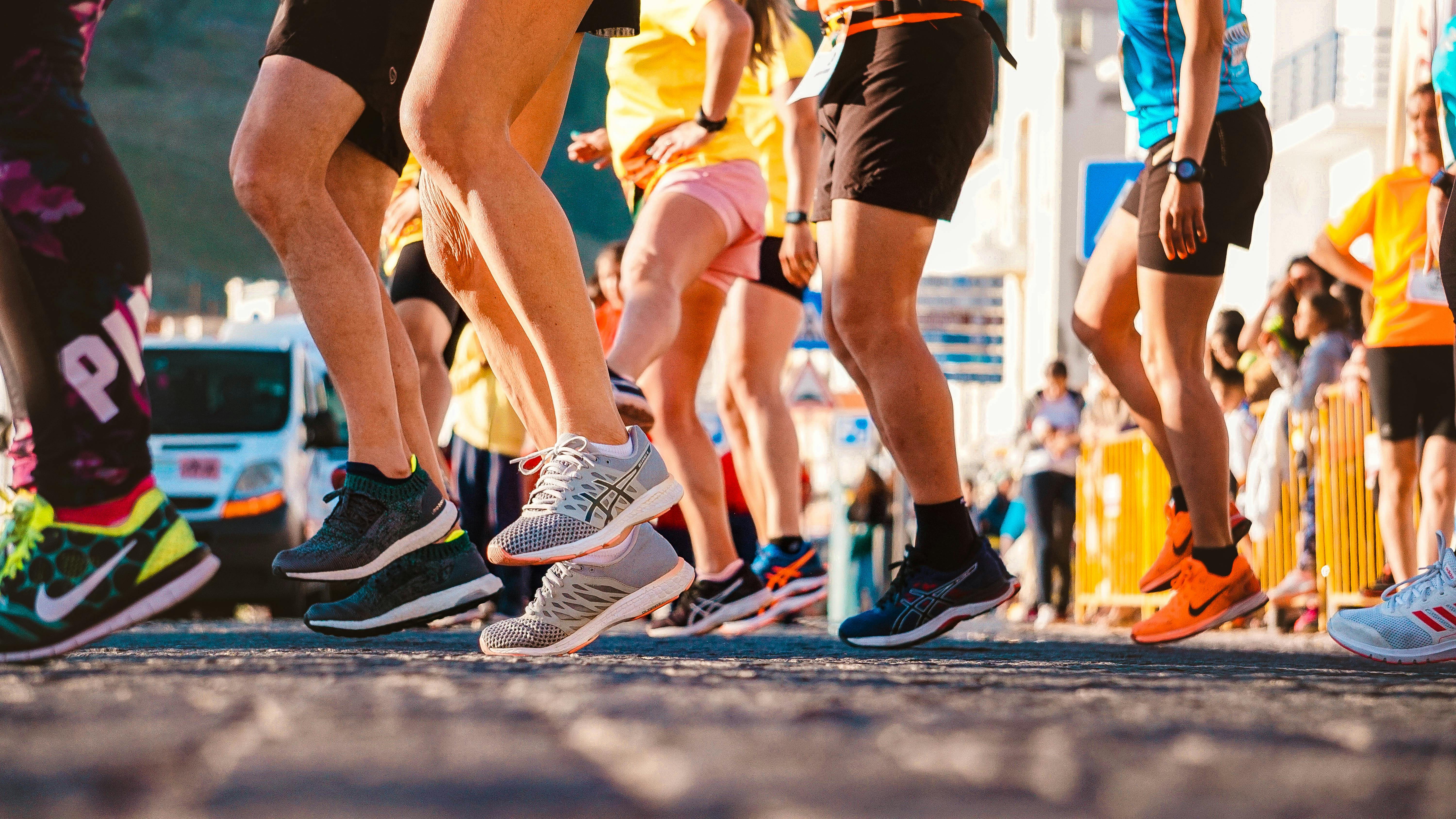



Most people know exercise is good for mental health, but the conversation often stops at “it reduces stress” or “it boosts endorphins.” While these are true, there are deeper, more unexpected ways movement can transform mental wellbeing. If you’ve ever struggled to find motivation to exercise, understanding these niche benefits might change the way you see physical activity.
Here are three surprising ways exercise improves mental health and why they matter.
Many people associate exercise with happiness because of endorphins, but its biggest impact might be on the nervous system. Physical activity helps regulate the autonomic nervous system, which controls the body’s stress response. When this system is dysregulated, people often feel stuck in fight-or-flight mode (anxiety) or shut down and fatigued (burnout and depression).
Why it matters
Try this
Instead of focusing on intensity, choose exercises that promote regulation. Gentle strength training, walking in nature, or even dancing can be more effective for mental clarity than high-intensity workouts if stress levels are already high.
Feeling stuck in negative thought patterns? Struggling with motivation? Exercise directly influences brain plasticity, which is the brain’s ability to adapt and change. Studies show that physical activity increases brain-derived neurotrophic factor (BDNF), a protein that supports neuron growth and cognitive flexibility.
Why it matters
Try this
Aerobic exercises like running, brisk walking, or cycling are particularly practical for increasing BDNF. If you’re dealing with mental fatigue, a short 10-minute walk can immediately improve cognitive function.
Exercise is often seen as a tool for improving mood, but its effects go far beyond that. By regulating the nervous system, and enhancing brain plasticity, movement becomes a powerful tool for long-term mental resilience. If traditional motivation, like weight loss or fitness goals, doesn’t inspire you, shifting the focus to these more profound mental health benefits might change how you approach exercise.